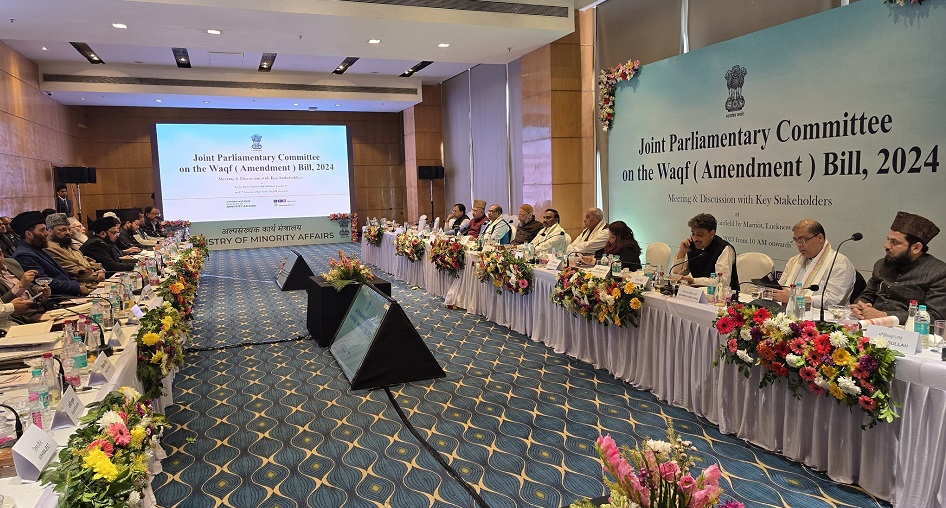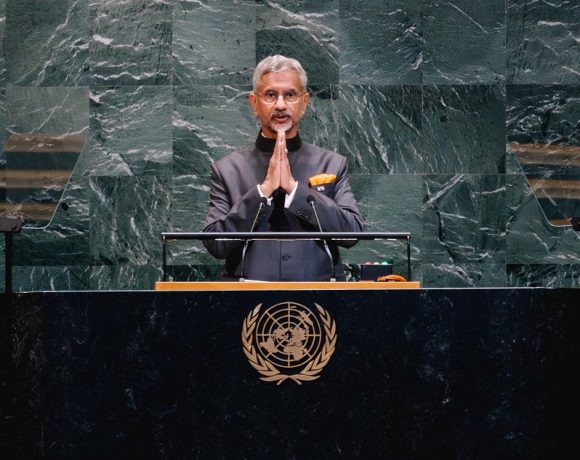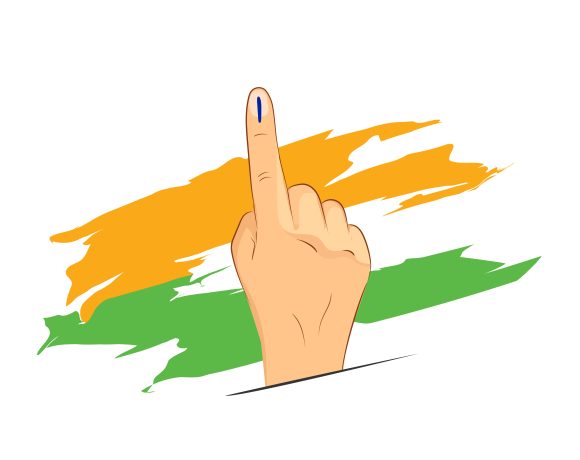
Lok Sabha Debates Waqf Amendment Bill Amid Strong Opposition
The Lok Sabha witnessed a heated debate over the Waqf (Amendment) Bill, 2025, introduced by Union Minority Affairs Minister Kiren Rijiju. The proposed amendments to the Waqf Act of 1995, which governs the administration of Waqf properties in India, have triggered strong opposition and intensified political divisions.
Waqf Amendment Bill Debate
Opening the discussion, Rijiju defended the bill by stating that its purpose is to reform the management of Waqf properties and ensure greater transparency and accountability. He insisted that the government harbors no intention of interfering with religious institutions and that the proposed changes respect the autonomy of Waqf boards.
However, several opposition parties have accused the government of bypassing consultation with stakeholders and ignoring the concerns of the Muslim community. Congress deputy leader Gaurav Gogoi criticized the lack of prior discussion and stakeholder engagement, calling the move abrupt and unilateral.
Opposition Protest
A united front comprising the Congress, Samajwadi Party (SP), Dravida Munnetra Kazhagam (DMK), and Aam Aadmi Party (AAP) has voiced firm opposition to the bill. SP chief Akhilesh Yadav condemned the government’s approach, stating that the voices of the very community for whom the bill is supposedly being introduced are being ignored. DMK MP Kanimozhi declared her party’s opposition to the bill, citing minority rights as a core concern. AAP, too, issued a three-line whip instructing its MPs to be present and vote against the bill.
Government’s Defense and Lok Sabha Numbers
In response to the criticism, Rijiju accused certain leaders and religious figures of spreading misinformation and provoking unrest within the Muslim community. He stated that the amendments are being misrepresented and that the bill was thoroughly reviewed by a Joint Parliamentary Committee, with recommendations incorporated before Cabinet approval. Union Home Minister Amit Shah backed Rijiju, asserting that this government values parliamentary deliberation, unlike previous administrations that treated such committees as mere formalities.
Despite the vocal resistance, the government is expected to secure the bill’s passage in the Lok Sabha due to its comfortable majority and support from allied parties. However, the scale and unity of the opposition suggest that the debate is far from over, with further contention likely when the bill reaches the Rajya Sabha.
As deliberations continue, the bill’s outcome will have significant implications not only for the governance of Waqf properties but also for the broader political discourse on minority rights and religious autonomy in the country.


















